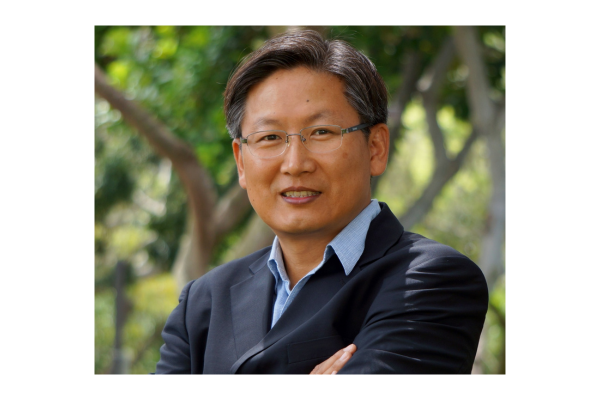
The Institute for Korean Studies presents:
"UN and Human Rights in DPRK"
Tae Ung Baik
University of Hawaii at Manoa
Abstract: The United Nations is currently in the fourth cycle of the Universal Periodic Review (UPR), a process that takes place every five years to examine the human rights situation in UN member states. The Democratic People’s Republic of Korea (DPRK) is being reviewed by the UN Human Rights Council's Working Group (Troika) and plenary sessions in 2024 and 2025. Regarding the UPR's recommendations for human rights improvements, DPRK rejected all recommendations in 2009, but accepted 114 recommendations in May 2014 and 199 recommendations in 2019. The DPRK's national report for the fourth UPR cycle has been reviewed during the 47th session of the UPR Working Group from November 4-15, 2024. The review's outcome will be reported to the UN Human Rights Council in 2025. This lecture provides an overview of UN human rights mechanisms and the Universal Periodic Review and discusses the DPRK's human rights record and potential avenues for improvement.
Dr. Tae-Ung Baik is a Professor at the William S. Richardson School of Law, University of Hawaii at Manoa. He served the United Nations Human Rights Council Working Group on Enforced or Involuntary Disappearances (WGEID) as Chair (2020-2021), Vice-Chair (2018-2020), and Member (2015-2022). He also served as Director of the Center for Korean Studies of the University (2018-2024). He received his Bachelor of Law degree from Seoul National University College of Law and earned his masters (LL.M.) and doctoral (J.S.D.) degrees from Notre Dame Law School. He is admitted to the Bar as an attorney-at-law in the State of New York. He teaches international human rights law, comparative law, and international criminal law. His publication includes Seeking Human Rights Community in Asia (Changbi, 2017) and Recommendations for the Ratification of the UN Convention for the Protection of All Persons from Enforced Disappearance, 189 Justice 541 (2022).
